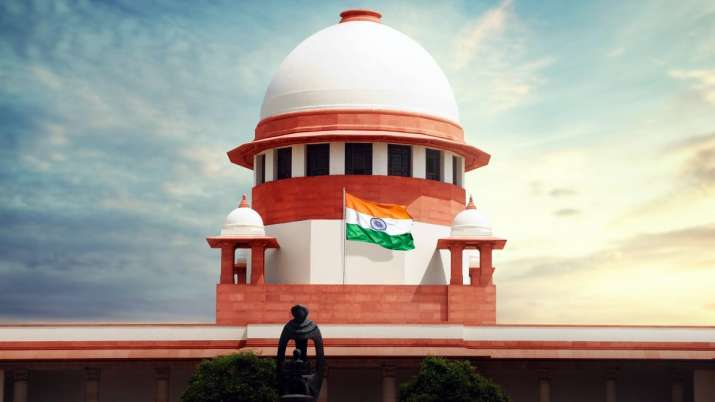The Supreme court has disavowed the transfer of a criminal case under section 406 of CrPC merely because the party does not understand the language of the Court which has jurisdiction to hear the case by stating that “the petitioner’s plea for transfer is based primarily on convenience, but convenience of one of the parties cannot be a ground for allowing his application to transfer”
The facts of the case can be attained by the allegation of the respondents over the use of the trade mark SACHAMOTI in respect of sago or sabudana by the petitioner. Subsequently, a suit for declaration and injunction to prevent use of the said trade mark in the Court of District Judge, Salem was filed.
The learned Senior Counsel, Mr. S. Guru Krishnakumarappearing on behalf of the petitioner by relying on Sri JayendraSaraswathy Swamigal (II), T.N. vs. State of Tamil Nadu & Ors. [(2005) 8 SCC 771]and Mrudul M. Damle & Anr. vs. Central Bureau of Investigation, New Delhi [(2012) 5 SCC 706] submitted that the petitioner wants the criminal case pending in the Salem Court to be transferred to the Patiala House Court, New Delhi and grounds have been urged on behalf of the petitioner in support of his plea-
“One is that the points involved in the criminal case are similar to the suits which are being tried and determined by the Delhi High Court as connected matters
The other is that the proceeding in the Salem Court is being conducted in Tamil, which the petitioner does not understand.
the respondents have influence in Salem and the petitioner has apprehension that he would not get impartial enquiry/investigation/trial at Salem.”
The learned Senior Counsel appearing on behalf of the respondents, Mr. Gopal Sankarnarayan in course of his submissions relied on a judgment of a Coordinate Bench in the case of Umesh Kumar Sharma vs. State of Uttarakhand[(2020) SCC Online SC 845] and an earlier decision of this Court in the case of Gurcharan Dass Chadha vs. State of Rajasthan [(1966) 2 SCR 678] argued that to sustain allegation of lack of neutrality in trial as a ground for transfer as there is no such material that would justify transfer on this ground.
A single judge bench of Justice Aniruddha Bose noted all the judgments on which the counsels were relied upon and further opined –
The claims of the petitioner do not match the level of unjust influence exerted on the defence in the case of Sri JayendraSaraswathy Swamigal (supra), on the basis of which the transfer petition was allowed. In that case, this Court found the prosecuting authorities were harassing the defence team of lawyers and there were materials demonstrated by the petitioner to show that the State machinery was going out of its way in preventing the accused from defending himself.
Justice Aniruddha Bose also states that the petitioner’s case of possible tainted trial is unfounded and does not meet the standard laid down in the cases of Gurucharan Dass Chadha(supra) and Umesh Kumar Sharma (supra) by stating “I cannot come to a conclusion that justice would be in peril if the case continues in the Salem Court. I am not satisfied on the basis of materials available that the petitioner would not get impartial trial in the Salem Court.”
The court noted that, a complaint is being made that the petitioner not being able to understand Tamil language, the case ought to be transferred to a Court in Delhi to which the court stated-
“Language was a factor considered by this Court in the case of Sri Jayendra Saraswathy Swamigal (supra), while selecting the Court to which the case was to be transferred. But language was not the criteria based on which transfer of the case was directed. The language factor weighed with this Court while deciding the forum to which the case was to be transferred after decision was taken to transfer the case for certain other reasons.”
The court states that, if a Court ought jurisdiction to hear a case, the case to proceed in that Court only relying on case of NaharSingh Yadav & Anr. vs. Union of India & Ors. [(2011) 1 SCC 307] and held that such jurisdiction cannot be exercised on mere apprehension of one of the parties that justice would not be done in a given case
Lastly the court analyzing the case of Mrudul M. Damle(supra) on which the petitioner has relied upon states that it cannot apply in the factual context of this case as the circumstances surrounding the case pending in the Salem Court are entirely different.
Read Also: Navneet Kalra case: Delhi court reserves order on businessman’s bail plea
The court dismissed the transfer petition on 12th May 2021 by expressing the petitioner plea is based primarily on convenience and further stating that-
“Transfer of a criminal case under Section 406 of the 1973 Code can be directed when such transfer would be “expedient for the ends of justice”.


